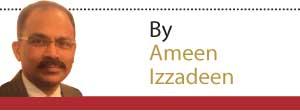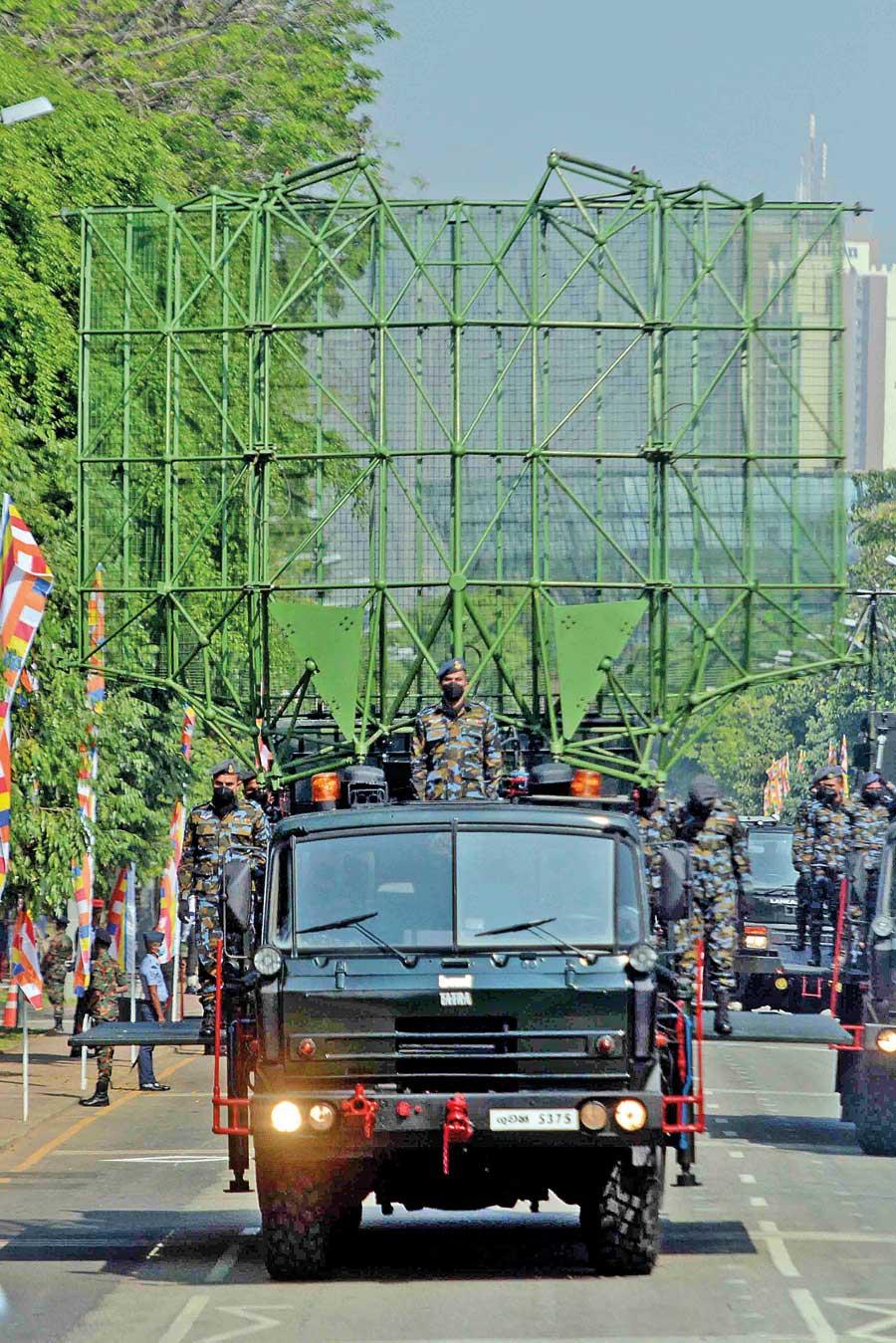Reply To:
Name - Reply Comment
Man is born free, but everywhere he is in chains. To reflect on these words of the 18th century Genevan philosopher Jean-Jacques Rousseau, there is no greater occasion than a Freedom Day anniversary. As Sri Lanka celebrates its 74th Freedom Day, we need to understand what freedom is and what these chains that restrict our freedoms are.
Day anniversary. As Sri Lanka celebrates its 74th Freedom Day, we need to understand what freedom is and what these chains that restrict our freedoms are.
The opening sentence of Rousseau’s seminal work The Social Contract – Man is born free, but everywhere he is in chains – assumes greater significance today when citizens feel their human rights are being snatched away or undermined by the very governments they have appointed through a hallowed compact. Philosophers like Thomas Hobbes, John Locke and Rousseau called this compact the Social Contract – the core of the government. But only a few governments are true to the social contract.
According to an interpretation of Rousseau’s famous quote, man’s original state of happiness and freedom had undergone a gradual erosion as man went from the state of autonomy to live in organised society. To his horror, organised society or the state he helped form is unfortunately dominated by inequality, injustice, dependency, violence and unhappiness. This has led to what Rousseau called the “right of the strongest” and general war. However, Rousseau acknowledged that through the social contract that led to the state formation, the people had benefited from several positive aspects such as social organisations, state institutions, building of cities and advancement in science and technology.
As man by nature has the capability to progress, the synthesis between the two extremes – man’s original state of happiness and his need to live under a political state – is required to be achieved with minimal damage to freedom. We may agree to part with some of our rights and vest them in a general authority – general will – which will act as the custodian of our freedoms and rights, but the social contract demands that the authority or the state should ensure the fundamental rights of the people while also taking into account the need to protect community rights in a democratic way. In a pluralistic society, the term ‘community’ means not just one ethnic group. Rather it means every citizen, irrespective of his or her ethnic, linguistic, religious or other identities. In Sri Lanka, all Sri Lankans.
The word freedom could mean many things to many people. In Sri Lanka, February 4 is marked as a day to remember the end of 450-year colonial rule and the beginning of swaraj or self-rule by Sri Lankans.
But freedom is a concept that cannot be confined to a day. It is a process that leads to the ultimate happiness of not just an individual or a group but all the people all the time. Although such freedom is elusive and can be found only in the imaginary Eldorado, at least at a minimum level, freedom should mean freedom from fear and hunger. Now what can explain to us what freedom from fear and hunger is? In a milieu where freedom from fear and hunger are assured, there will be no fear of political oppression, no fear of economic deprivation, and no fear of social marginalisation. It ensures the whole gamut of human rights.
If happiness is the criterion to measure freedom, it appears the freedom tree planted on February 4, 1948 has not borne the fruits of freedom for Sri Lankan. During the past 74 years, the freedom tree has been attacked by socio-economic and political fungi or diseases in the form of large-scale corruption and despicable schemes of unscrupulous politicians who sowed in the minds of the people ethnic hatred of the ‘other’ largely for the purpose of capturing power or staying on in power.
As a result of the deliberate and politically motivated omissions of the so-called Sri Lankan leaders, with the exception of a handful, since independence, socio-economic grievances remain unaddressed only to erupt as yet another insurrection.
It appears that successive governments have not learnt from the two insurrections in 1971 and 1988-1990 by the angry youth of the South seeking socio-economic justice and a 30-year separatist war by the youths in the North and East. Incalculable is the loss the country suffered in terms of the deficit in development as a result of the myopic, self-centred and racist policies of governments since independence.
On top of it, they have dragged the people into economic misery that has made Sri Lanka an international basket case today. A country that had millions of sterling pounds in its foreign reserves at independence is today neck deep in debt due to the economic crimes of all its governments. The present administration, which is struggling to provide the basic needs of the people, while its energy is sapped by the Covid pandemic in multiple waves, also seems to be committing the same crimes, thus taking the freedom away from the people.
There is little meaning in marking Freedom Day when freedom remains ununderstood or lost while the people are in a state of uncertainty, despair and unhappiness. If Freedom Day is to make any sense, both the government and the citizens should first realise what freedom is and then begin the hunt to find the lost freedom.
To Mahatma Gandhi, India’s great freedom icon, freedom from British colonists was just only an objective along a long path, and a rather insignificant one at that. Far more important was the ability of each individual to seek out his or her own freedom. “Real Swaraj (freedom) will come, not by the acquisition of authority by a few, but by the acquisition of the capacity by all to resist authority when abused,” Gandhi said. (Source: Reading Gandhi in the Twenty-First Century, by Niranjan Ramakrishnan, Palgrave Pivot, Palgrave Macmillan, 2013.)
But freedom and happiness cannot be achieved if governments pursue self-centred or parochial policies. The search for freedom requires knowledge and reason. Myths that give a false sense of superiority, along with superstitions, demagoguery, political opportunism and ignorance -- chains that restrict our progress -- should give way to freedom and meritocracy enabling those having right qualifications to reach the highest level in government and their chosen field, irrespective of their ethnic origin, birth, economic status or political affiliations.
The search for freedom also requires statesmanship and inclusivity where diversity is seen as a virtue -- an adhesive agent for national unity. This is why in his plea to God, India’s famous poet Rabindranath Tagore saw a fearless mind and unity in diversity as the path to the haven of freedom. This is what he said in his most quoted poem found in Githanjali:
Where the mind is without fear and the head is held high;
Where knowledge is free;
Where the world has not been broken up into fragments by narrow domestic walls;
Where words come out from the depth of truth;
Where tireless striving stretches its arms towards perfection;
Where the clear stream of reason has not lost its way into the dreary desert sand of dead habit;
Where the mind is led forward by thee into ever-widening thought and action
Into that haven of freedom, my Father, let my country awake.
